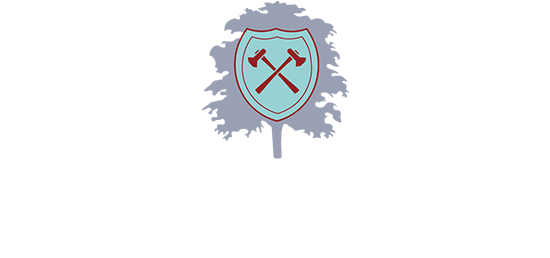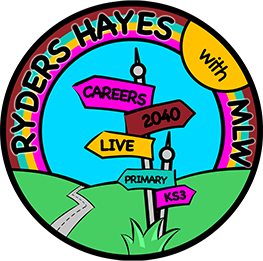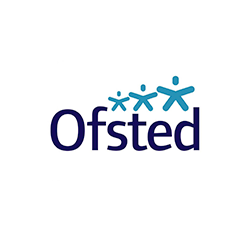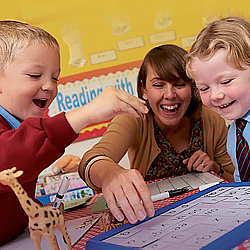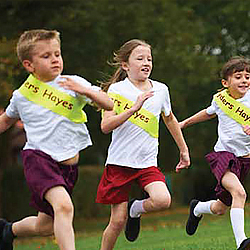Early Years Foundation Stage
Ryders Hayes 2023/24 Early Years virtual prospectus
At Ryders Hayes, we are lucky to have a large Early Years setting. Our provision starts from preschool (two year olds), through to Nursery, which includes access to 30-hour provision, and on to Reception.
Our Vision
Learning begins with the first steps onto the playground in a morning and is a seamless, stimulating, deep and challenging experience for everyone. It is driven through continuous provision; thirst for knowledge, and children’s curiosity throughout the day, continuing long after the home-time bell.
When your child enters pre-school at Ryders Hayes they start their learning journey with the Early Years Foundation Stage Curriculum. At Ryders Hayes we recognise that every child is a unique child, who is constantly learning and growing to be resilient, capable, confident and self-assured. We support this by providing our children with a warm and supportive environment that encourages the characteristics of learning to help guide them through their learning experiences.
We believe that the Characteristics of Effective Learning should be kept at the forefront of teaching and learning.
“Over the past three years, the proportion of children who achieved a good level of development at the end of Reception has been above or well above national and local figures”.
Ofsted 2016
“Relationships between staff and children are warm and supportive, including in the ‘wrap around’ care”.
Ofsted 2016
The Early Years Foundation Stage (EYFS) sets standards for the learning, development and care of children from birth to 5 years old.
The Characteristics
Playing and exploring – children investigate and experience things, and ‘have a go’ (you can support your child by encouraging them to try new experiences and asking open ended questions, stimulating their curiosity.)
Active learning – children concentrate and persevere if they encounter difficulties, and celebrate their achievements (allow your child to play independently).
Creating and thinking critically – children develop their own ideas, make links between ideas, and develop strategies for doing things (when your child is playing, provide some challenges and allow them to be inventive – try leaving fewer toys for them but add a few unknown objects for them to use… don’t forget how much fun a cardboard box can be!)
Prime Areas
The three prime areas begin to develop rapidly in response to relationships and experiences children receive. The prime areas run through and support learning in all other areas also. The prime areas continue to be fundamental throughout the early years journey!
Communication and language development involves giving children opportunities to experience a rich language environment; to develop their confidence and skills in expressing themselves, and to speak and listen in a range of situations.
Physical development involves providing opportunities for young children to be active and interactive; and to develop their co-ordination, control, and movement. Children are also helped to understand the importance of physical activity, and to make healthy choices in relation to food.
Personal, social and emotional development involves helping children to develop a positive sense of themselves, and others; to form positive relationships and develop respect for others; to develop social skills and learn how to manage their feelings; to understand appropriate behaviour in groups, and to have confidence in their own abilities.
Specific Areas
The four specific areas include essential skills and knowledge children will need for their whole school journey. They grow out of the prime areas, and provide important contexts for learning.
Literacy development involves encouraging children to link sounds and letters and to begin to read and write. Children are given access to a wide range of reading materials (books, poems, and other written materials) to ignite their interest.
Mathematics involves providing children with opportunities to develop and improve their skills in counting, understanding and using numbers, calculating simple addition and subtraction problems, and to describe shapes, spaces, and measures.
Understanding the world involves guiding children to make sense of their physical world and their community through opportunities to explore, observe and find out about people, places, technology and the environment.
Expressive Arts and Design involves enabling children to explore and play with a wide range of media and materials, as well as providing opportunities and encouragement for sharing their thoughts, ideas and feelings through a variety of activities in Art, Music, Movement, Dance, Role-play, and Design and Technology.
